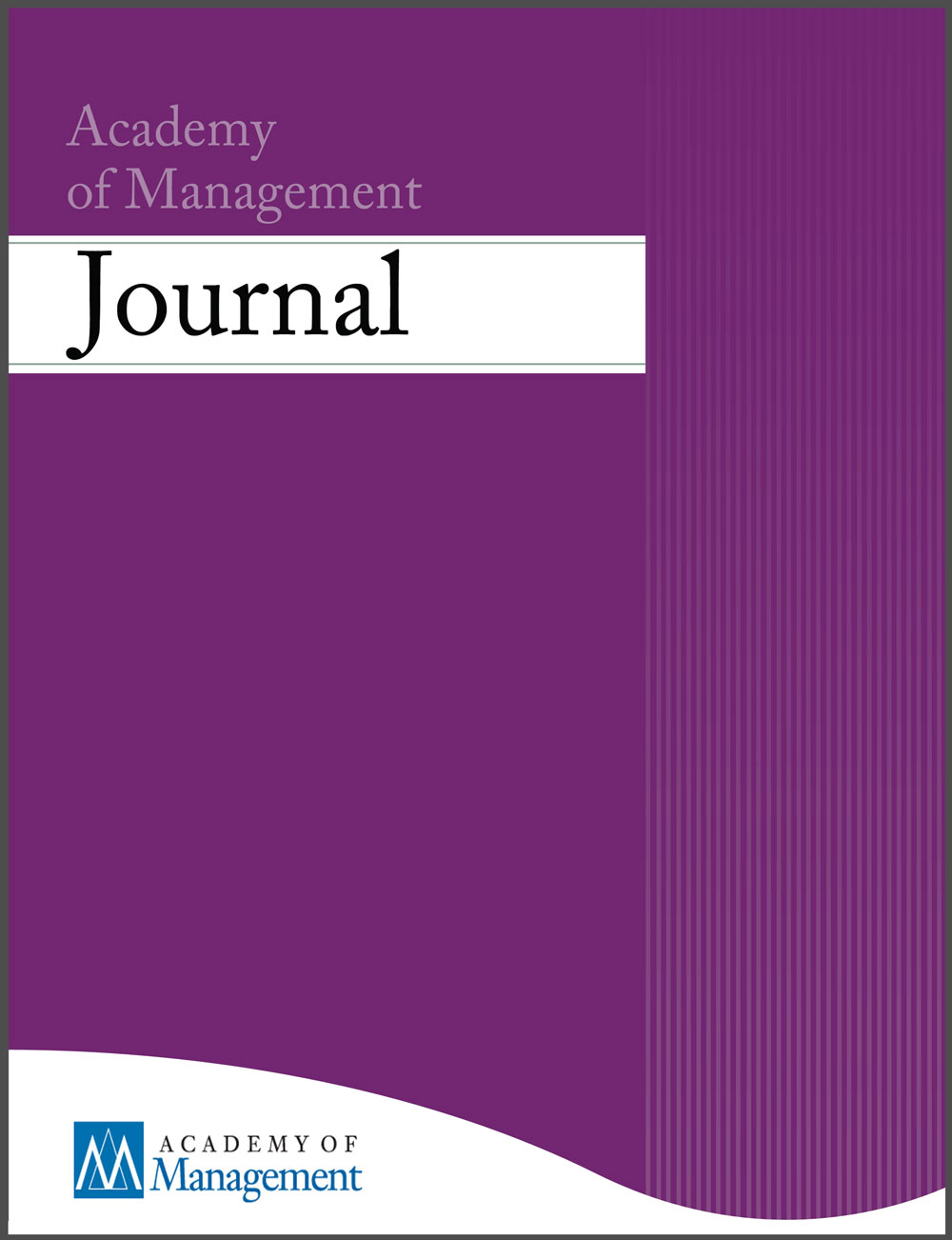从下往上学习:当导师重视来自下的见解时,他们会更有效
IF 9.5
1区 管理学
Q1 BUSINESS
引用次数: 2
摘要
尽管导师对个人成功至关重要,但潜在的导师往往将其视为代价高昂的负担。为了理解是什么激励导师克服这一障碍,并更充分地与他们的学员互动,我们引入了一个新的结构,学习方向,它捕捉了人们对等级制度中哪些个人(向上、横向或向下)是有价值的知识来源的信念。虽然大多数导师认为知识存在于更高的层次,但目前的研究表明,当导师重视来自下层的见解时,他们会更投入,更有效。我们的前三项研究发现,向下学习预测了导师的参与(研究1),因为向下学习导向的导师认为指导是他们自己学习的一个有价值的机会(研究2A-B)。一项实地研究考察了对学员学习成果的下游影响,发现向下学习导向的导师培养了更多可雇佣的学员(研究3)。最后的实验建立了因果关系,同时也证明了学习方向是开放的干预:对向下学习经历的反思增加了导师的投入,从而提高了他们的徒弟的师徒体验(研究4)。我们将学习取向的理论扩展到学习方向,并证明了关于学习层次来源的信念对成功的指导至关重要。本文章由计算机程序翻译,如有差异,请以英文原文为准。
Learning Down to Train Up: Mentors Are More Effective When They Value Insights from Below
Although mentorship is vital for individual success, potential mentors often view it as a costly burden. To understand what motivates mentors to overcome this barrier and more fully engage with their mentees, we introduce a new construct, learning direction, which captures the beliefs people have about which individuals within a hierarchy—upward, lateral, or downward—are valuable sources of knowledge. Although most mentors believe knowledge resides higher up in hierarchies, the current research demonstrates mentors are more engaged and effective when they value insights from below. Our first three studies found that downward learning predicted mentor engagement (Study 1) because downward learning-directed mentors viewed mentoring as a worthwhile opportunity for their own learning (Studies 2A-B). A field study examined downstream consequences on mentees’ learning outcomes, finding that downward learning-directed mentors trained more hireable mentees (Study 3). A final experiment established causality while also demonstrating that learning direction is open to intervention: reflecting on a downward learning experience increased mentor engagement, which enhanced the mentorship experience for their mentees (Study 4). We extend theories on learning orientation to learning direction and demonstrate that beliefs about the hierarchical sources of learning are critical to successful mentoring.
求助全文
通过发布文献求助,成功后即可免费获取论文全文。
去求助
来源期刊

Academy of Management Journal
Multiple-
CiteScore
16.00
自引率
5.70%
发文量
99
期刊介绍:
The mission of the Academy of Management Journal (AMJ) is to disseminate empirical research that rigorously tests, extends, or constructs management theory while enhancing management practice. The journal welcomes diverse empirical methods, including qualitative, quantitative, field, laboratory, meta-analytic, and mixed methods. For publication in AMJ, research must exhibit robust empirical and theoretical contributions, with manuscripts emphasizing the practical relevance of these contributions to management practice. Authors are encouraged to craft original, insightful, interesting, and theoretically bold research that makes a substantial "value-added" contribution to the field's comprehension of a given issue or topic.
 求助内容:
求助内容: 应助结果提醒方式:
应助结果提醒方式:


